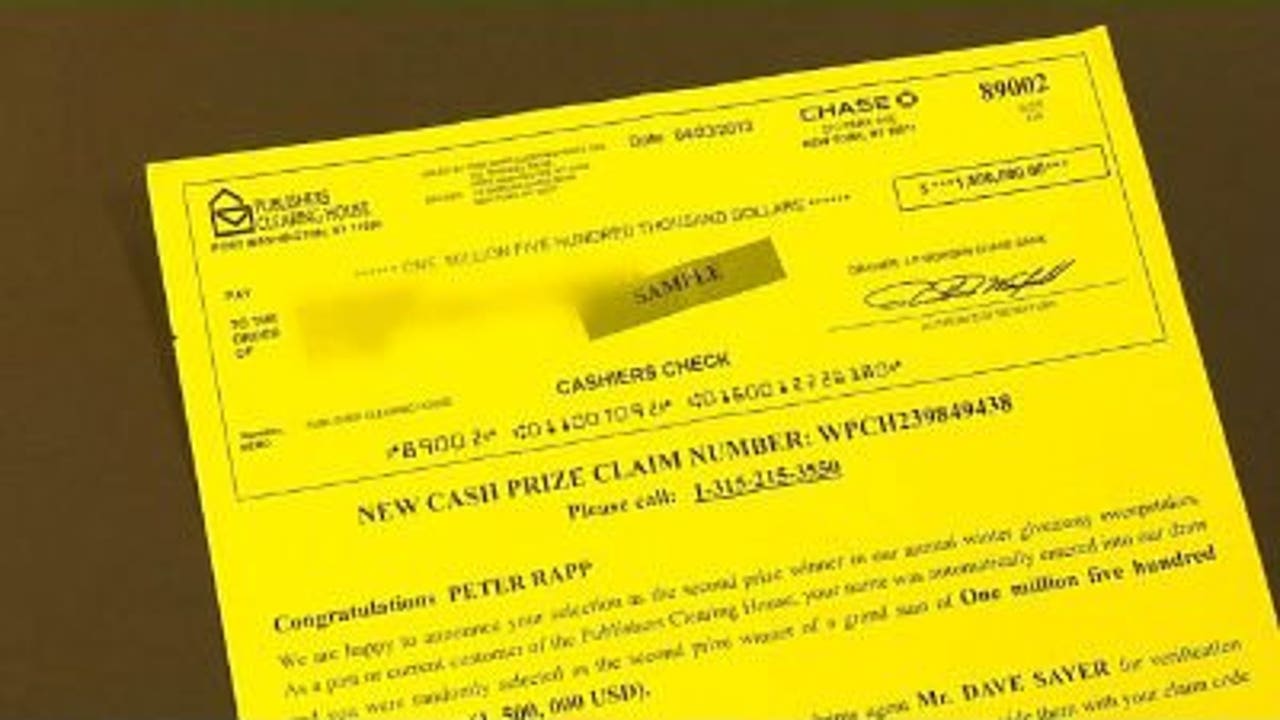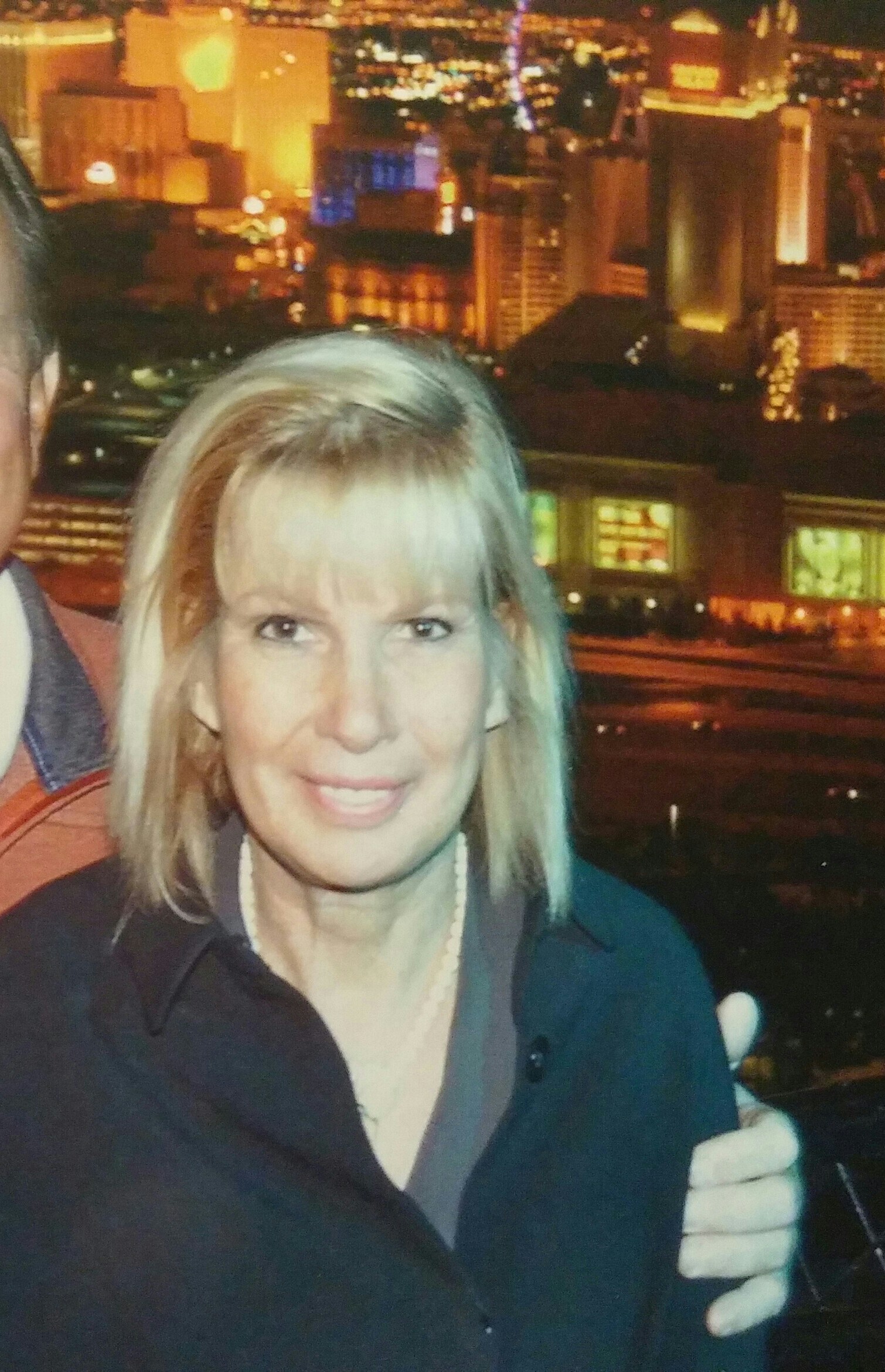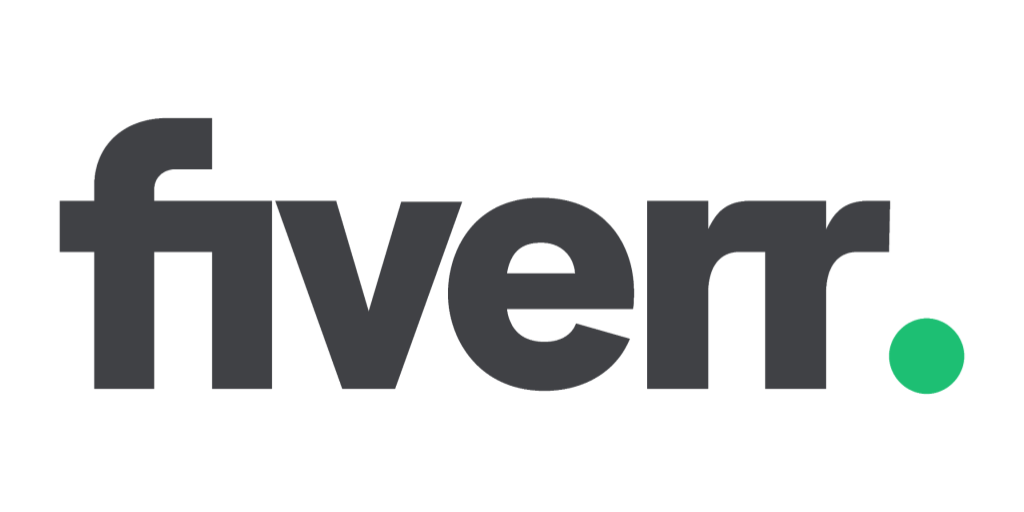Table Of Content

Recognizing the difference between legitimate sweepstakes and other types of offers that may not be legitimate will help you protect yourself and your family. But please keep these valuable tips and warning signs in mind to help you identify which offers are real and which are scams. Remember, the FTC never asks you to pay or share personal information to receive a refund. Don't pay anyone who contacts you and promises you a refund but asks you to pay a fee or attempts to obtain your personal information. If you believe you are eligible for a refund, there is nothing you need to do. When we have more information about the refund program, we will post updates here and provide information directly to consumers who are eligible for a refund.
Troy woman loses more than $600K in Publishers Clearing House scam - WDIV ClickOnDetroit
Troy woman loses more than $600K in Publishers Clearing House scam.
Posted: Thu, 28 Mar 2024 07:00:00 GMT [source]
Learn how the FTC protects free enterprise and consumers
You'll also need to be extra cautious in the future because scammers consider people who have already been scammed to be easy prey, and there's a good chance that you will be targeted again. As was mentioned a moment ago, Publishers Clearing House doesn’t just deal in magazine subscriptions but has expanded into a plethora of different product categories for our fans to enjoy. PCH provides customers with assistance and can answer any sweepstakes questions you may have. If you wish to report a scam contact to us, you may do so by clicking here to fill out and complete a scam incident report.
Current PCH Sweepstakes
If you receive a telephone call from someone claiming you have won a sweepstakes prize and are asked to send money — STOP — you have not heard from a legitimate sweepstakes company. If you receive a check claiming to be for a legitimate sweepstakes prize and are asked to cash it and wire or send a portion back — STOP — you are the victim of a fraudulent contact. Consumers should always remember that at Publishers Clearing House no payment or fee is ever necessary to enter or claim a prize. Our continued success in today's new digital publishing environment is built on PCH's unique, free-to-play, chance-to-win propositions. Data and analytics have always been at the core of the PCH business strategy to optimize relevant engagement through personalized offers based on first-party relationships. We continue to evolve as a multi-channel media company that combines digital entertainment and direct-to-consumer marketing and commerce, creating an attractive destination for consumers, marketers, and retailers alike.
Products
These memorable, real-life reactions of stunned winners have entertained audiences all across America. Publishers Clearing House sweepstakes are legit, but not every win notification from them is. Many scammers misuse the PCH name, pretending to come from the company when they really come from someone hoping to steal your money or your identity. Some of those scams are sophisticated enough to make it difficult to tell if you've really won or not. Big-name sweepstakes sponsors like PCH are a prime target for scammers, who style win notifications to match the branding of the company they're impersonating. When PCH fans find and follow the page, the scammers message them to tell them they've won a prize — and ask for money before they can claim their "winnings." Victims hand over cash but never see a prize.
Don’t fall for ‘lookalike’ mailings that try to mislead consumers by imitating legitimate sweepstakes. If you are asked to provide your credit card number or provide your financial bank account information in order to claim a sweepstakes prize — STOP. Fraudulent scam artists often request this information and then go on a spending spree with your credit card; or wipe out your bank account. PCH has come to be known as the sweepstakes company whose famous Prize Patrol surprises winners on their doorsteps with oversized checks in amounts anywhere from $1,000 to Multi-Millions while TV cameras are rolling.
But remember, you have to be in it to win it, so check out all of our sweepstakes today. Then, in 1985, our company began to expand its suite of product offerings into a diverse set of categories including collectibles, household appliances, entertainment devices and so much more. This decision has helped to shape Publishers Clearing House into what it is today. We update our Winners Circle regularly; more and more winners are added every day! You don't have to give Publishers Clearing House your address, PCH account number, bank account number, driver's license number, or any other confidential information when you enter.
Publishers Clearing House to pay $18.5 million settlement for deceptive sweepstakes practices - CBS News
Publishers Clearing House to pay $18.5 million settlement for deceptive sweepstakes practices.
Posted: Wed, 28 Jun 2023 07:00:00 GMT [source]
Publishers Clearing House was founded in 1953 by Harold and LuEsther Mertz and their daughter, Joyce Mertz-Gilmore. From their garage, mailings were created offering consumers an unprecedented array of discounted magazine subscription offers. In 1967 the company launched a sweepstakes to draw attention to its magazine deals and a chance to win money has been a part of the PCH promotional mix ever since. In 1999 PCH launched pch.com, and in recent years, a family of online free-to-play, chance-to-win properties and mobile apps have been developed in support of the brand identity that “It's All About Winning” at Publishers Clearing House. If you receive an e-mail notifying you that you have won a major sweepstakes prize, but are asked to provide personal financial information, or send money — STOP -– you have most likely been contacted by a fraudulent sweepstakes scam operator. At Publishers Clearing House we do not notify major prize winners by e-mail.

Publishers Clearing House works diligently to fight scams, both by working with law enforcement officials and through public education. Before you respond to any win notice, especially those from big companies like PCH, take some steps to verify your prize wins. So if you receive notification of a big prize by any method other than an in-person award, you know you're being scammed. If anyone tells you you've won a million bucks from PCH other than the Prize Patrol, you know you can ignore the message. The point is that Publishers Clearing House is always running an array of different sweepstakes that you can win!
The FTC’s complaint charges that where PCH included disclaimers or clarifying information on shopping pages, it was in small, light font, below the “call to action” buttons, and overlooked by consumers. If you've gone through the steps above, but you're still not sure if your win notice is legitimate, contact PCH directly to ask them to verify your prize. You may have to fill out an affidavit to verify eligibility if you win, but not when you enter. If the entry form asks for this kind of personal information, it's a sign you are on a spoofed website. If your prize notification asks for money to pay for taxes, to release the prize, to pay for customs, or for any other reason, it's a scam.
However, you may be notified of smaller prize wins by mail or email, so continue to read the other signs of a legitimate PCH win. Most folks are familiar with PCH because of our legendary Prize Patrol, who deliver giant (in both size and dollar amount) checks, champagne, and balloons to awestruck winners, all while the cameras are rolling. In the summer of 2020 Marie Osmond became a spokesperson for Publishers Clearing House with television and online advertisements as well as direct-to-home mailings.In January 2021, Steve Harvey made his debut in television commercials as a spokesperson for PCH.
If you use it, however, you transmit your information directly to scammers instead. Scammers extort money from you in exchange for a promise of a prize that never materializes. The truth is you never, ever have to pay to receive a sweepstakes prize from Publishers Clearing House or any other company. But a legitimate-looking win notification isn't enough of a reason to believe you're a big winner.
PCH is a popular target of scams because most Americans are familiar with the company, many have already entered the MegaPrize giveaways, and nearly all want to believe they have really won a prize. Today, Publishers Clearing House is best known as a “sweepstakes company,” offering our friends and fans a variety of free-to-play, chance-to-win games, contests, sweepstakes and more, all of which span dozens of apps and digital properties. The expansion into these different areas began in 1967 when PCH launched its first sweepstakes as a means to attract attention to different magazine subscriptions. Obviously, the sweepstakes was a hit and went on to become an integral part of the PCH brand. While our loyal friends, fans, and winners all know that PCH is very real and quite legitimate, we want to take this opportunity to address those with these questions and discuss the long and storied history of Publishers Clearing House. If you've already sent money to a PCH scammer, contact your local police office.

No comments:
Post a Comment